Keynote Speakers
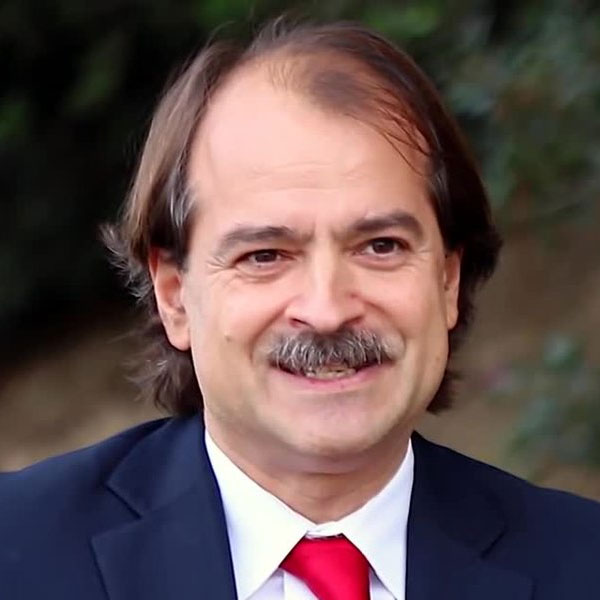
John P.A. Ioannidis
Professor of Medicine, Professor of Epidemiology and Population Heatlh, and Professor (by courtesy) of Biomedical Data Science at the School of Medicine; Professor (by courtesy) of Statistics at the School of Humanities and Sciences; co-Director, Meta-Research Innovation Center at Stanford (METRICS). His work aims to improve research methods and to enhance approaches to integrating information and generating reliable evidence. Over the past two decades, John’s research has earned him a global reputation as a consummate physician and researcher, which contributed to The Atlantic describing John in 2010 as one of the most influential scientists alive.
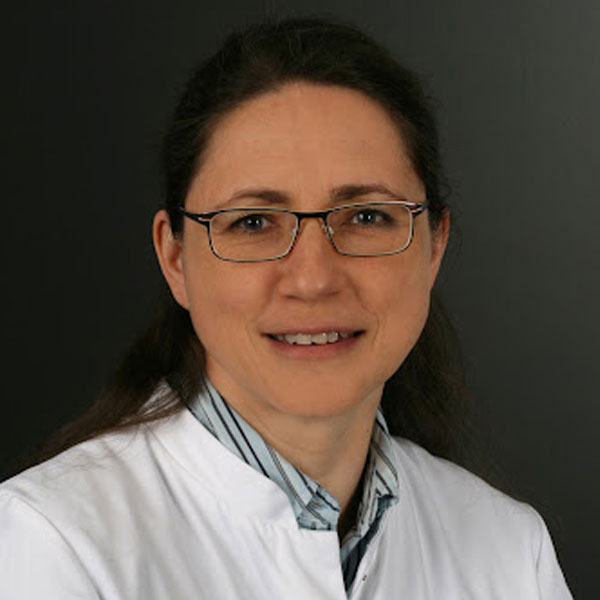
Martina Meinke
Prof. M. C. Meinke (female) is Head of the Center of Experimental and Applied Cutaneous Physiology (CCP) at the Clinic for Dermatology, Venerology and Allergology, Charité - Universitätsmedizin Berlin. Prof. Meinke studied chemistry at the Freie Universität Berlin, Germany. After graduation she headed an environmental laboratory until she switched to medical diagnostics. Since 1999, she has been employed by the CCP. After a postgraduate study, she was awarded the title medical physicist in 2006. Since 2007, she is an Assistant Professor of medical physics with the main focus on spectroscopy of blood and skin and Deputy of the CCP. She has headed the electron paramagnetic resonance spectroscopy group for over 10 years.This method has already been used in several clinical and scientific studies to investigate the formation and characterization of radicals. She also focuses on optical, non-invasive techniques that are widely used for skin examinations. Prof. Meinke received her professorship at the Charité -Universitätsmedizin Berlin (apl. Prof.) in 2016 and has been head of the CCP since 2020.
She is author of more than 210 peer-reviewed publications and numerous book chapters. She is a member of the Ethics Committee of the Charité, editorial board member of the journals “Antioxidants” and “Skin Pharmacology and Physiology” and a reviewer for German and international funding institutions.
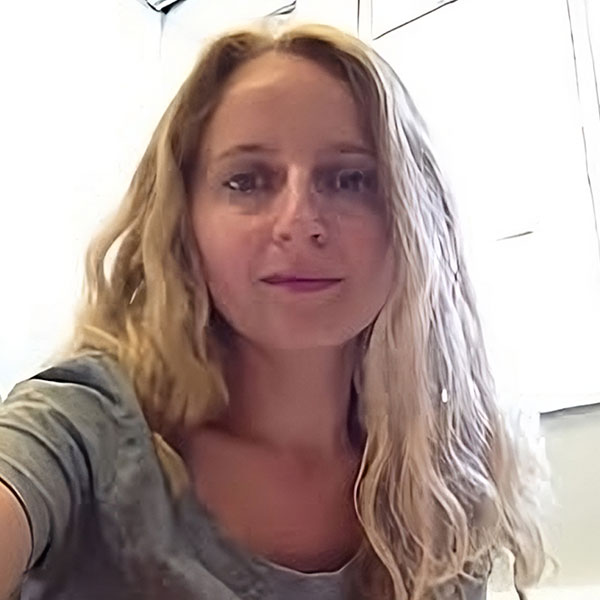
Francesca Palombo
Her research is focused on developments of Brillouin, Raman, and Fourier Transform Infrared spectroscopy methods for applications to biology and medicine. She is interested in the physical and chemical aspects of biological systems at a molecular level, as well as their implications in health and disease. She received her master’s and PhD degrees in Chemistry from the University of Perugia, Italy. She joined the University of Exeter in 2013, where she co-leads the BioSpec laboratories that are focused on the development, application, and translation of light technologies for the clinics.
She’s currently Professor of Biomedical Spectroscopy, Director of Global Engagement for Physics and Astronomy, and affiliate investigator of the Living Systems Institute at Exeter.
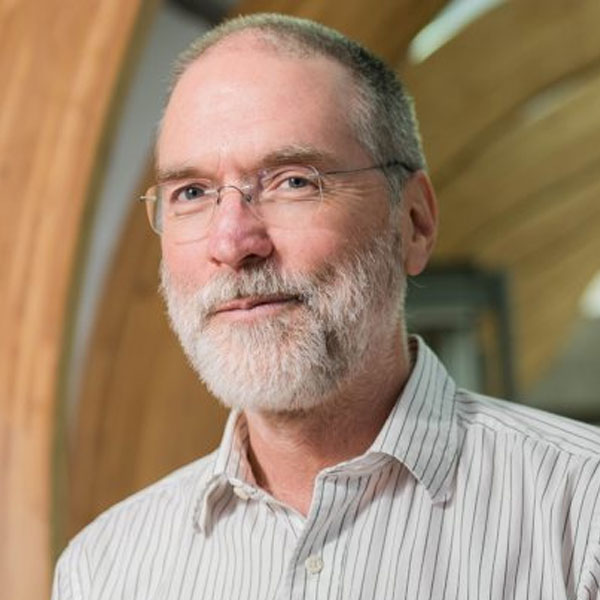
James Piret
Dr. Piret is a Professor at the University of British Columbia in the Michael Smith Laboratories, the Department of Chemical & Biological Engineering and the School of Biomedical Engineering. He has a Bachelor’s from Harvard in Applied Mathematics to Biochemistry and a Chemical Engineering doctorate from MIT. At UBC since 1989 his research focus has been on innovative process and device technology for therapeutics biomanufacturing. His multi-disciplinary research ranges from bioreactor engineering to molecular biology, often including collaborative work with scientists and industry. This has included a major emphasis on developing Raman spectroscopy applications in collaboration with Robin Turner and Michael Blades. His recognitions include the Canadian Chemical Engineering RS Jane Award, the Cell Culture Engineering Award from the Engineering Conferences International and the 2022 William F. Meggers Award, Society for Applied Spectroscopy.
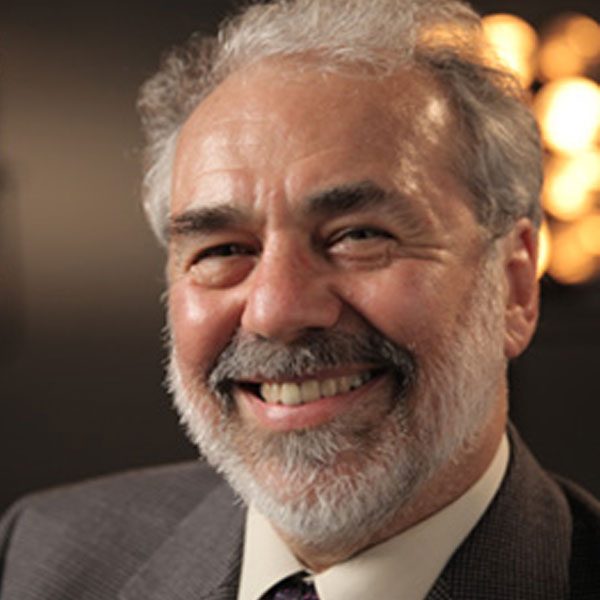
Leigh Ward
Although a biochemist by training, his primary research interest over the past three decades at The University of Queensland, in Brisbane, Australia has been to progress application of bioimpedance techniques for body composition assessment. In the early 1990s, along with colleagues, Brian Thomas and Bruce Cornish, from Queensland University of Technology, he was instrumental in design and construction of the first impedance spectrometers for this purpose. The technology was eventually transferred by the University and commercialized by an independent company with devices now commercially available world-wide. He has continued to develop analytical methods for impedance spectra to enhance and broaden its application in many clinical fields where, for example, it has become the method of choice for early detection of lymphedema. This work was recognized in 2015, when he was awarded the Clunies Ross Medal for technology innovation. He currently holds honorary positions at a number of universities including the University of Auckland and Macquarie University and collaborates widely internationally. He has published extensively in the international scientific literature and sits on a number of editorial boards.

Zhiwei Huang
Prof Zhiwei Huang is Director of Optical Bioimaging Laboratory in the Department of Biomedical Engineering (BME), College of Design and Engineering at the National University of Singapore. He is a world-renowned expert in biomedical optics, biophotonics and microscopy imaging. His major research areas are in the fields of biomedical optics, microscopy, Raman spectroscopy and imaging, particularly centering on the development of super-resolution microscopy and nonlinear optical microscopy imaging techniques (e.g., coherent Raman scattering microscopy, multiphoton microscopy) and their applications in biomolecular imaging, as well as the development of novel fiber-optic Raman spectroscopy and endoscopic imaging, enabling early diagnosis and detection of epithelial precancer and cancer at endoscopy. He pioneered in Raman endoscopy and label-free super-resolution bioimaging technologies, and published over 120 peer-reviewed articles in leading journals (e.g., Nature Photonics, Gastroenterology, etc), and delivered over 100 plenary/keynote/invited lectures worldwide.
He has filed over 20 US patents with 10 licensed for commercialization. His IMDX technique invented was ranked No.1 among the top 10 medical devices listed in Medica, Germany. He is elective Fellow of SPIE- the international society for optics and photonics.

Thomas Bocklitz
Thomas Bocklitz studied Physics at the University of Jena and received his PhD in Physical Chemistry/Chemometrics there in 2011. In 2013 he became head of a junior research group "Statistical Modelling and Image Analysis" at the University of Jena. Since 2019 he is head of the research group "Photonic Data Science" at the Leibniz IPHT. In 2023 he was appointed as full professor for "Artificial Intelligence in Spectroscopy and Microscopy" at the University of Bayreuth and in 2024 as professor for "Photonic Data Science" at the University of Jena and the Leibniz-IPHT. His main research area is closely related to the photonic data lifecycle, which includes machine learning and chemometrics based modelling of photonic data. He has published more than 140 papers in peer-reviewed journals and has given more than 50 invited talks at conferences. Thomas Bocklitz's work has been honored with prestigious awards, such as the Kaiser-Friedrich Research Prize in 2018 and the Bruce Kowalski Award in 2015. He also received an ERC Consolidator Grant in 2023 for the STAIN-IT project.
Invited Speakers
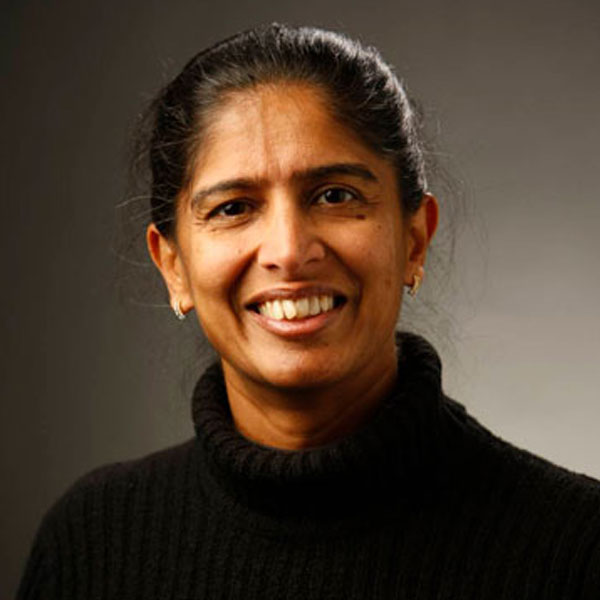
Anita Mahadevan-Jansen
Dr. Mahadevan-Jansen translates optical techniques for clinical detection of tissue physiology and pathology. Her primary research at the Vanderbilt Biophotonics Center, is to investigate and implement optical spectroscopies and imaging including Raman spectroscopy for disease diagnosis and guidance of therapy. She received her Bachelor’s and Master’s degrees in Physics from the University of Bombay (Mumbai), India, and a Master’s and PhD degrees in Biomedical Engineering from the University of Texas at Austin. She joined the Vanderbilt engineering faculty in 1996. She is currently the Orrin H. Ingram Professor of Biomedical Engineering at Vanderbilt University and holds a secondary appointment in the Departments of Neurological Surgery, Surgery and Otolaryngology. She is the founding Director of the Vanderbilt Biophotonics Center, a collaborative research center that is focused on the development and translation of light and light-based technologies. She was the 2022 President of SPIE, the International Society of Optics and Photonics.
She is a fellow of SPIE, Optica (OSA), American Institute of Medical and Biological Engineering (AIMBE) and the National Academy of Inventors.
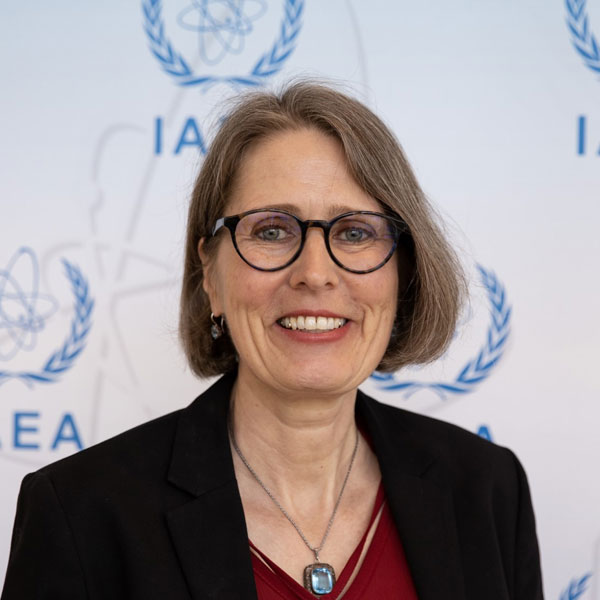
Cornelia Loechl
Ms Loechl joined the International Atomic Energy Agency (IAEA) in 2010 as a nutrition specialist and has been heading the Nutritional and Health-related Environmental Studies Section since June 2015. Before joining the IAEA, she was a scientist with the International Potato Center (CIP) and a post-doc research fellow with the International Food Policy Research Institute (IFPRI). She has extensive programme management experience which she gained through her work at the World Food Programme and the German Agency for International Cooperation. Her current research focuses on monitoring and evaluation of nutrition-specific and nutrition-sensitive interventions to combat all forms of malnutrition using stable isotope and related techniques.
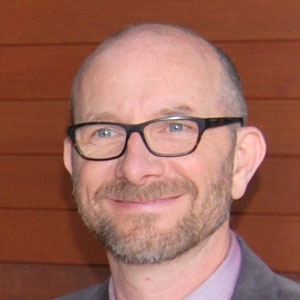
Nick Stone
Prof Nick Stone worked as a Consultant Medical Physicist for almost 20 years in the NHS. In 2012, he moved to academia to take up the position of Professor of Biomedical Imaging and Biosensing at the University of Exeter. Nick made the first Raman measurements in many types of cancers (larynx, oesophagus, prostate, bladder, lymph nodes, thyroid, etc.) and has worked closely with clinical teams to understand the clinical need and when decisions most need support from real-time, objective methods, based on the molecular changes associated with disease, such as Raman and IR. Nick has led numerous projects working to translate Raman from the lab to the clinic, including endoscopic Raman for early cancer detection in hollow organs; smart Raman needles for solid organs; spatially offset Raman and transmission Raman for non-invasive probing of buried lesions. These have all used native molecular signals coupled with multivariate approaches and machine learning to predict disease pathology.
More recent developments include the invention of the technique of SESORS, surface enhanced spatially offset Raman spectroscopy, and its derivatives, that makes use of functionalised SERS nanoparticles to provide bright signals able to read out at depths of many cm. Coupled with laser light these can be used to provide hyperthermia in carefully controlled treatments, using Raman thermography to read the temperature in real-time.
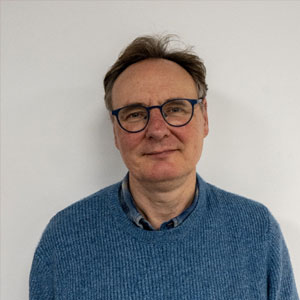
Peter Gardner
Peter Gardner is a Professor of Analytical and Biomedical Spectroscopy in the Department of Chemical Engineering and the Photon Science Institute at the University of Manchester. He has previously held research positions at the Max Planck Institute in Berlin and the University of Cambridge. He is a physical chemist with 40 years of research experience in the field of infrared and Raman spectroscopy. In 1999 he turned his attention to applying infrared microscopy to the analysis of cells and tissue. He has been working closely with the Christie hospital in Manchester and the cancer research UK Manchester institute developing new methods to analyse tissue samples from biopsies with a view to helping pathologists better diagnose cancer. He is leader of a UK network bringing together the communities of spectral pathology, digital pathology and computational pathology/AI and current president of the international society for clinical spectroscopy CLIRSPEC.
